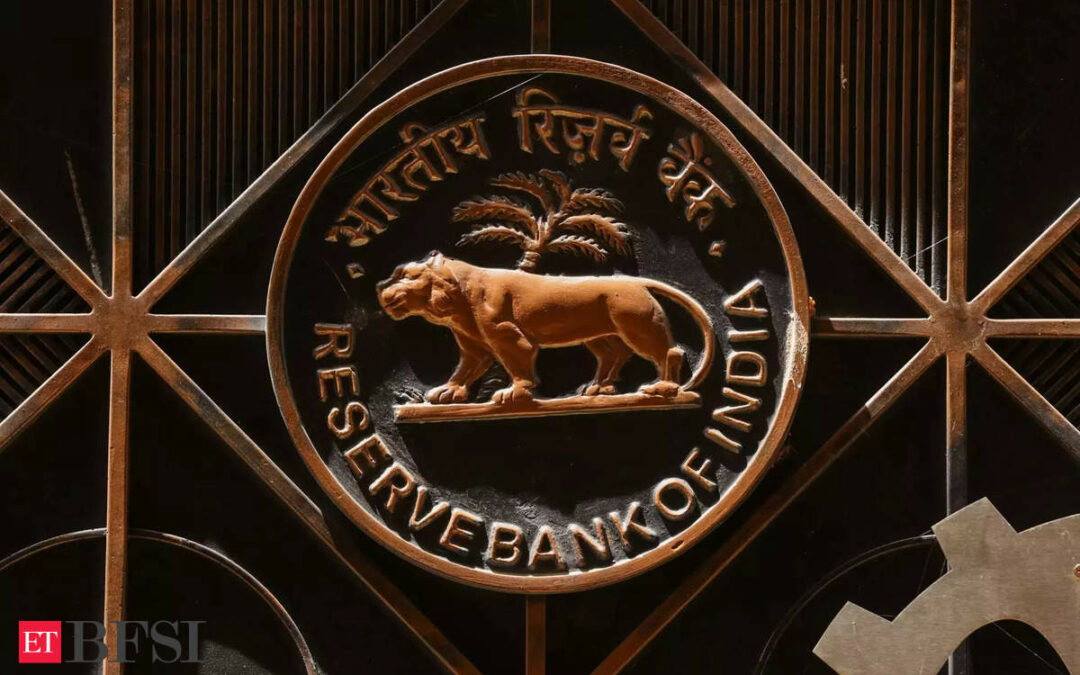With retail inflation hardening once again in July-August owing to a spike in vegetable prices, the rate-setting panel of the Reserve Bank of India stressed the need to monitor the situation closely given the risk of El Nino and uneven rainfall.
“While the vegetable price shocks are expected to correct quickly with the arrival of fresh crops, there are risks to the food and the overall inflation outlook from El Nino conditions, volatile global food prices and skewed monsoon distribution – all of which warrant close monitoring,” said RBI Governor Shaktikanta Das during the recent meeting of the Monetary Policy Committee.
In its outlook, the MPC noted that while there has been significant improvement in the progress of the monsoon and kharif sowing in July, the impact of the uneven rainfall distribution warrants careful monitoring.
Retail inflation in India surged to a 15-month high of 7.44 per cent in July. Food inflation, which accounts for nearly half of the overall consumer price basket, quickened to 11.51%, registering its highest level since April 2020.
External member of the MPC Jayanth Varma expressed discomfort with the panel’s ‘self-congratulatory tone’ in June while warning against declaring victory based on the inflation prints of just a couple of months. “It is now clear that we would have a couple of months of inflation readings well above the tolerance band,” Varma said. Varma also opined that despite this view, ‘a couple of very high readings do not call for panic.’
The MPC, which has three members from the central bank and a similar number of external members, met between August 8-10 and held the benchmark repurchase rate (repo) at 6.50 per cent in a unanimous decision.
It retained the stance on “withdrawal of accommodation” but Governor Shaktikanta Das sounded hawkish when he highlighted that headline inflation needs to subside sustainably below 4 per cent and any surge in the inflation print, if continued for a longer period, may necessitate fresh action.
The RBI raised its inflation forecast for the current financial year ending March 2024 to 5.4 per cent from 5.1 per cent earlier, citing pressures from food prices. In the July-September quarter, it saw inflation at 6.2 per cent, significantly higher than the 5.2 per cent earlier forecast.
“Given the likely short-term nature of the vegetable price shocks, monetary policy can look through the first-round impact of fleeting shocks on headline inflation,” Das said. However, he said that at the same time, RBI needs to be ready to pre-empt any second-round impact of food price shocks on the broader inflationary pressures and risks to anchoring of inflation expectations.










